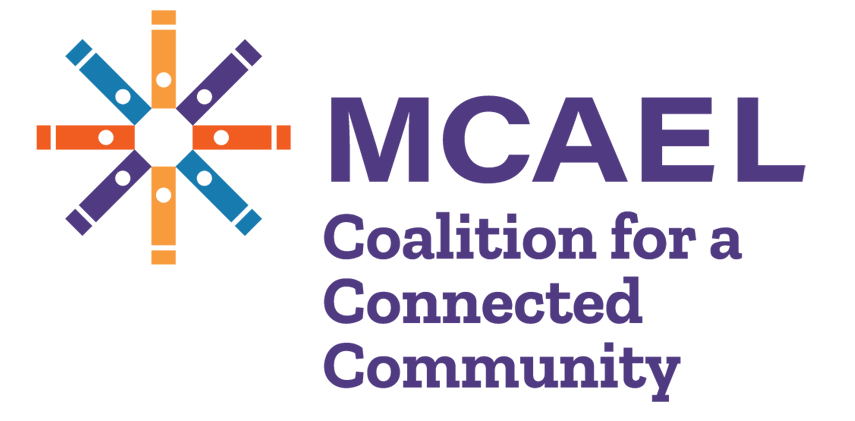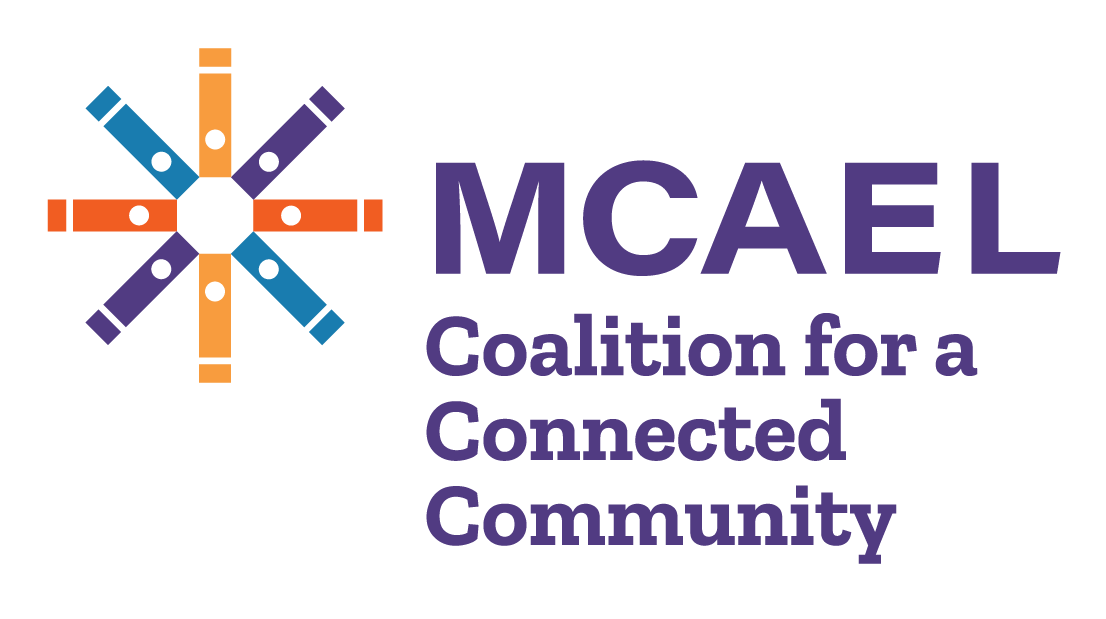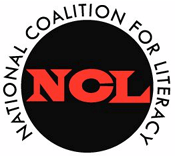- Kathy Stevens
Executive Director, MCAEL
03/11/2019
Seek first to understand, then to be understood (Dr. Stephen Covey).
This seems like a very easy concept, but how many times in a day do we start from the opposite direction in trying to "get our work done." We often say this is what I need you to know and this is what I need to do as a starting point; and then we wonder why we are met with resistance at best, or sometimes just ignored at worst. I was thinking about this last week when I was lucky enough to have time in my schedule to have face to face meetings (two of which were even over a meal!) with people who I work with, know pretty well, but had not had time recently to ask what they were working on and what they were most interested in trying to do. With time and space to have that conversation, in each instance we came up with some really interesting areas where our motivations were overlapping. In the moment, once we knew we had aligned motivations, our creative juices were flowing to identify some next steps and ideas we could work on together.
This idea translates into the work that adult ESOL instructors do to. With the providers in the MCAEL network, we know that learner centered instruction is key. We base this on research, such as:
Motivation is “why people decide to do something, how long they are willing to sustain the activity, [and] how hard they are going to pursue it”
(Dornyei, 2002, p. 8). In this respect, it is also important to remember that adult ESL students in community programs are a shifting population; they move and change jobs often, and their motivation to learn ESL also transforms and evolves with the changes they face in their lives outside the classroom. As stated by Dornyei and Kormos (2000), motivation is not static; it may change from day to day, from task to task, and from learning community to learning community. (Schwarzer, David. (2009). Best practices for teaching the “whole” adult ESL learner. New Directions for Adult and Continuing Education. 2009. 25 - 33. 10.1002/ace.322. )
Teaching English to adults is not a static practice and as we all continue to refine what we do, understanding the motivations of our learners and partners is key to our success.











